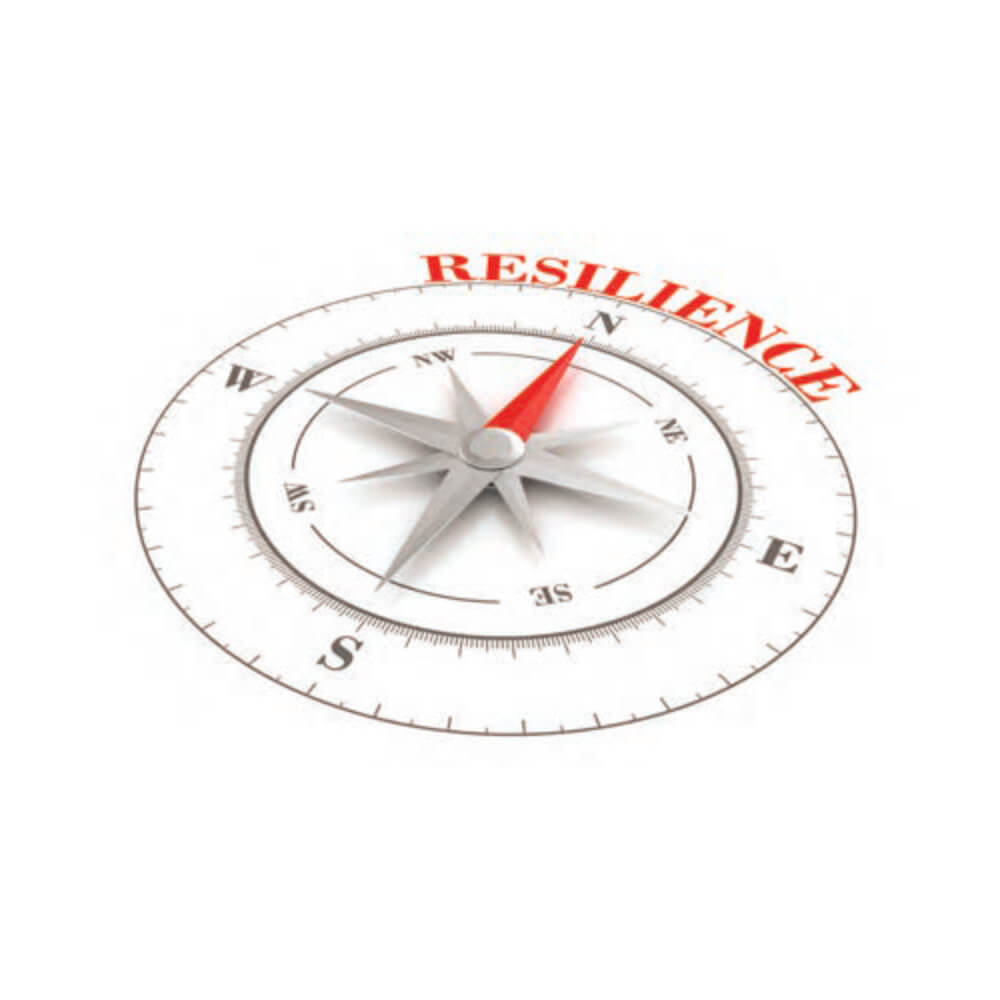Resilience is a word I keep coming back to and I am in awe of how our people, the financial services industry and the Island, have stayed resilient throughout. Businesses had – and still have – to keep adapting how they work, whether that is by following Government guidance to work from home, introducing new flexible working arrangements or implementing technology at a speed many could have only dreamed of.
At the Jersey Financial Services Commission (JFSC), A we started last year with an ambitious plan for capital investment and a demanding programme of supervisory engagement. Rather fittingly, our 2020-2023 strategy identified the importance of both our own resilience and the resilience of the Jersey financial services sector in the face of unidentified threats. However, we did not anticipate the events to come.
In addition to the challenging work we had outlined that we would deliver in our 2020 business plan, we found ourselves with two additional tasks: protecting our staff and their families by moving to remote working and supporting Government to oversee the compliance of the finance industry with the various public health requirements, which were essential to shield the Island. Our operational resilience has never been tested more than in 2020, as we responded to a pandemic and managed to maintain both our regulatory and registry operations while working remotely. At the same time, we delivered a number of large transformational projects that will benefit the regulated community and our Registry customers.
It was only right, however, to start this year with a pause and reflect back on what is truly important for Jersey and what we have already achieved. We had to question ourselves after a sustained period of uncertainty to check we were on the right path. Does our strategy and four-year road map still apply or, like everything else over the past year, do we have to quickly adapt and change course? Regulation has become an increasingly challenging activity. The degree of challenge reflects the intensifying complexity of the financial sector. Market fragmentation, political change, financial sector innovation and the changing face of financial crime all contribute to that challenge. In the face of an evolving operating context, it is appropriate to deepen our perspective on our challenges and priorities. It also allows us to be clear and intentional in our choices and test our collective understanding of the consequences of those choices.
Our four-year strategic roadmap has already served us well. We have already delivered a number of the ambitious projects, including the new customer platforms myRegistry and myProfile and doubling our engagement with industry through website updates, webinars and virtual meetings. That said, it is also clear that we need to change course slightly, given the events of the past 18 months and the unknowns of the years ahead.
As we, as an Island, prepare for the next MONEYVAL assessment visit, there is a lot of work to do.
We are fully aware that the rising costs of regulation are being driven by increasing market complexity. It is our job to manage these costs and to ensure that industry gets the best value for money, whilst we equally maintain Jersey’s reputation as a good place to do business. We know there is additional complexity in the structure of firms and products, the rise of new fintech models and cryptocurrencies and the nature of other new regimes planned such as virtual asset services providers (VASPs), consumer lending and pensions. These are all pressures that will impact industry’s appetite to finance the necessary work we need to do. Those pressures also require us to be efficient with our resources and sharpen our focus, continue to invest in our risk model and be clear in our prioritisation through an agreed strategy.
The use of effective regulatory tools and improved use of data should – and will – continue to be a core focus for our development in order to maximise finite resources and the timely identification of wrongdoing. We also need to ensure that we are applying our resources to activities that provide the most valuable support to industry for operating their businesses in Jersey. Effectively, we need to deliver on the things we do which attract good business in the Island such as speed of service and consistent licensing of new business.
There are other areas where we know we can also improve. We need to get better at how we use technology; it is clear that technology will be critical to organisational success. Our investment in technology removes barriers to change and can catalyse new investment by users. If it is easier for you to do business with us, then it is easier for you to do business with your clients. It is therefore imperative that we deliver the right technological environment with appropriate delivery capabilities, capacity and appropriate levels of innovation for success. Our ICT must be good not average.
Looking inwards at how we develop, reward and engage our people, is also an important factor for us. We need to invest in our people, systems and capability to be an effective regulator and Registry. We want the JFSC to be ‘the’ place to work. Developing the right frameworks to attract and retain the right people with onboarding; career paths and planning; succession planning; leadership programmes; mentoring schemes; coaching; remuneration and rewards are all key to doing this.
Our new strategy, which we will unveil later in 2021, will and should amalgamate all of these elements. We know our journey over the next few years will not come without challenge but I am confident that with the right drive, skills and people in place, we will deliver.
I am honoured to be taking the helm as Interim Director General of the JFSC whilst we embark on this crucial time for Jersey and the finance industry as a whole. We are truly on our way to being a high performing regulator building for the long-term success of Jersey.

